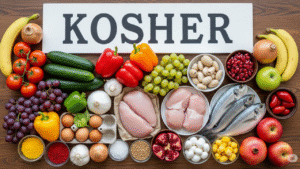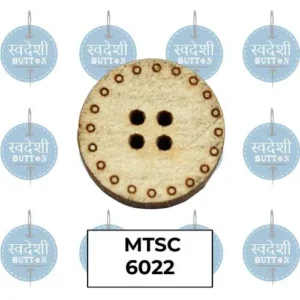What is Kosher Certificate and Why It Matters

Kosher Certificate
Kosher Certificate is more than just a label on food packaging — it is a sign of quality, trust, and adherence to strict dietary laws. Originating from Jewish traditions, it defines how food is sourced, prepared, and served to meet religious requirements. Today, people from different backgrounds choose kosher products for their cleanliness, ethical standards, and meticulous production processes.
The certification process is not limited to checking final products. It involves careful monitoring at every stage, from selecting ingredients to packaging and storage. This approach ensures that the product maintains its kosher status without any compromise in quality or religious compliance.
Obtaining certification is not just a matter of applying a label to a product. It is a process that requires detailed supervision at every stage — from sourcing raw ingredients to processing, storage, packaging, and even transportation. This thorough approach ensures that products maintain both religious compliance and a strong reputation for quality.
The Core Principles of Kosher Certificate Standards
Kosher Certificate dietary laws categorize food into three groups: meat, dairy, and pareve (neutral foods like fruits, vegetables, and certain fish). Meat and dairy cannot be cooked, stored, or served together, and each category requires its own dedicated utensils and preparation areas. Only specific animals and fish are allowed under kosher rules — for example, animals must chew the cud and have split hooves, and fish must have both fins and scales.
In addition to permitted species, the method of slaughter and preparation must follow set guidelines to ensure humane treatment and religious adherence. Even a minor deviation from these rules can make a product non-kosher, which is why the inspection process is detailed and precise.
Beyond the choice of species, the method of slaughter and preparation must follow humane and religiously approved guidelines. Even a minor error during handling can render the product non-kosher. This is why the supervision process is so meticulous and why trained inspectors play a crucial role.
How to Obtain a Kosher Certificate
Businesses that want to serve kosher markets must undergo an official application and inspection process. They approach a recognized certification agency, which assigns a rabbi or trained inspector to evaluate the facility. This inspection verifies that every raw ingredient is kosher-compliant and that production lines are free from any risk of cross-contamination.
The list of permissible animals is also specific. For example, only animals that chew the cud and have split hooves — such as cows, goats, and sheep — are considered kosher. Fish must have both fins and scales to qualify. Birds that are traditionally accepted, such as chicken and turkey, are allowed, while others are not.
Sometimes, companies must modify their supply chains, storage areas, or equipment to meet the necessary requirements. Once all conditions are met, the business receives its Kosher Certificate, which can be displayed on product packaging, menus, and marketing materials. This mark instantly tells consumers the product meets strict kosher standards and is regularly inspected to maintain compliance.
The Benefits of Being Kosher Certified
Having a Kosher Certificate can help businesses reach a wider audience. Many customers choose kosher products for perceived health benefits, higher safety standards, or personal dietary needs, even if they are not following Jewish traditions.
From an international perspective, kosher certification also improves export opportunities. Certain regions — such as Israel, parts of the USA, and large Jewish communities worldwide — require certified products for import. Displaying this certification builds trust and gives a brand a competitive advantage.
Most importantly, a Kosher Certificate is a symbol of commitment. It reassures customers that the business values transparency, ethical sourcing, and quality in every step of its production. This combination of tradition and trust makes kosher certification one of the most respected standards in the food industry.
Read Also – Kosher Food Meaning – A Complete Guide



